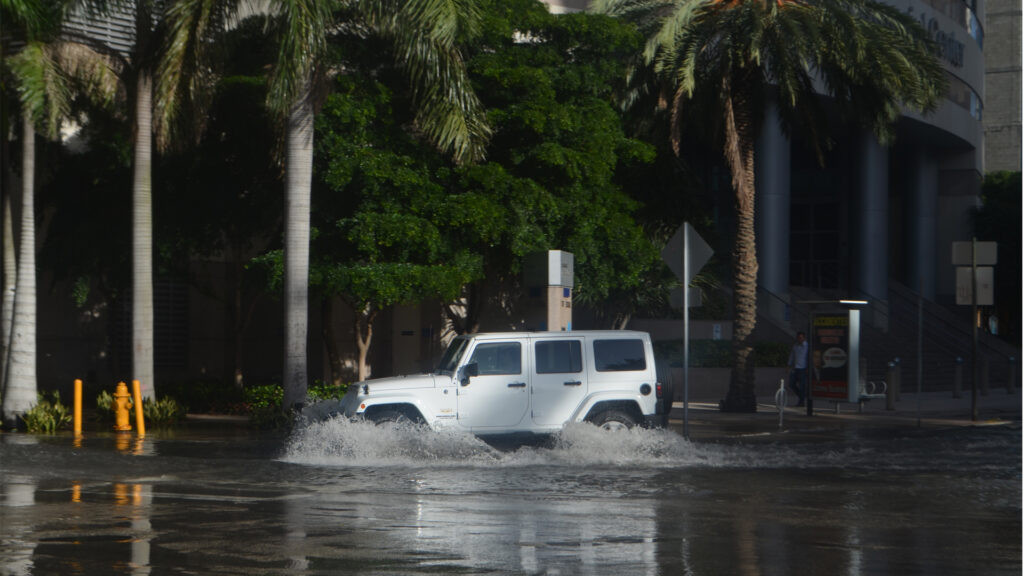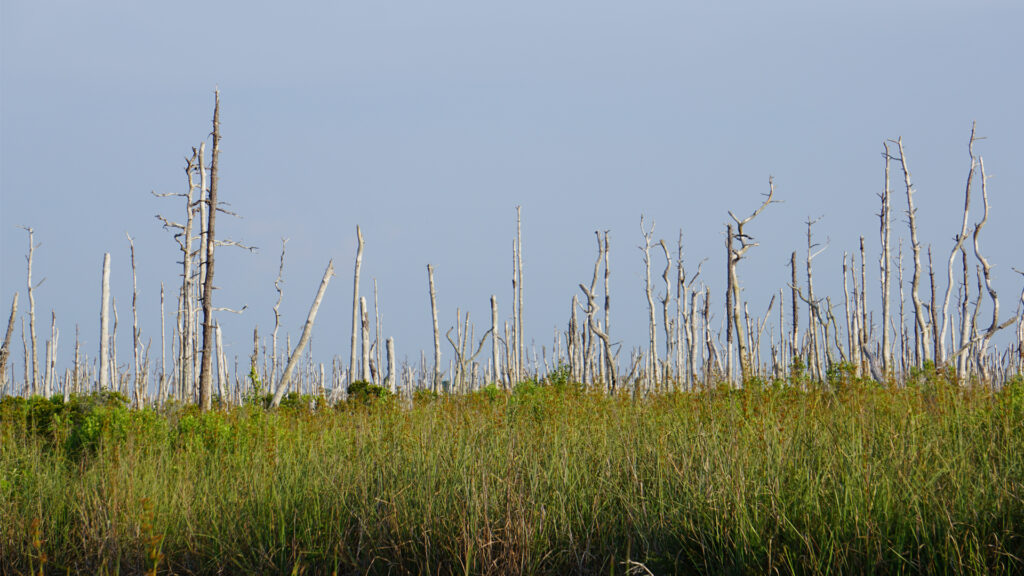With the legislative session reaching the halfway point, there are some environmental initiatives that deserve the attention of all Floridians — especially regarding their water. It was certainly a welcome signal to learn that water policy would be given considerable attention in Tallahassee earlier in the year, and many lawmakers followed through with a variety of bills.
Because the nature of Florida’s water is complex, there are numerous bills addressing many aspects of the issue. However, there is one in particular that deserves attention: Senate Bill 734 and its companion, House Bill 1079, both titled Saltwater Intrusion Vulnerability Assessments.
Before explaining what the bills aim to do, here’s a quick look at why they were created to begin with.

To start, sea-level rise is real, and how welcome it is to finally have lawmakers understand this ever-important fact. There is general agreement with the science that our oceans will continue to rise as this century moves forward due to a changing climate, and Florida is especially at risk. A recent report by Newsweek indicated that by 2100, “Florida is likely to experience at least 2 feet of rise due to emissions to date,” with some projections showing even higher impacts depending on how society addresses behavior in the short term.
Focusing on Florida, many communities have begun to pay serious attention to impacts that are already happening. Major cities in Southeast Florida — from West Palm Beach to Fort Lauderdale to Miami — have all experienced flooded streets, communities and greater effects from “king tides.” Communities throughout the southwest coast are all-too-familiar with deadly storm surge from last year’s hurricane.
But aside from flooding, there is an effect of sea-level rise that is far more clandestine and equally challenging — saltwater intrusion. Part of Florida sits above the Biscayne Aquifer — the porous, soft limestone that serves as a primary source of freshwater for millions of South Floridians. As sea levels rise, saltwater places pressure on the aquifer, seeping through the limestone, infiltrating — and subsequently corrupting — our freshwater supply.
Some counties and municipalities in South Florida have taken measures to address saltwater intrusion by investing in the relocation of wellfields — and yes, we still withdraw our water to the surface using wells — into more western locations that are safer from the coastline. But what about the rest of Florida?

It makes sense that South Florida would receive the majority of attention for these issues; it’s home to over 7 million residents, densely spread through the four lowest-lying counties over the aquifer and wedged between the Everglades and the Atlantic Ocean. However, Florida has 31 additional coastal counties that deserve shared attention to sea-level rise impacts, including saltwater intrusion.
That’s why SB 734, sponsored by state Sen. Tina Polsky, D-Boca Raton, and HB 1079, sponsored by state Rep. Lindsay Cross, D-St. Petersburg, are so critical.
The bills are designed to create awareness to saltwater intrusion beyond South Florida and require all coastal counties to begin actively studying potential impacts over the next decade. These bills would authorize the Florida Department of Environmental Protection to provide grants to coastal communities to assist in conducting the assessments, with funding available through the Resilient Florida Grant Program, which was established to provide funding to counties, municipalities, water management districts and other agencies to defend our state against the inevitable. In addition, the bills would require the results of the assessments to be readily available for public consumption, providing transparency that our government so desperately needs.

The good news is that many counties and water management districts have been working on this for some time, especially here in South Florida. Their efforts should be rightly praised. However, for smaller coastal counties statewide, this would help make preparedness a top priority — and one that’s affordable, since funding is available through the grant program, rather than from the local taxpayers.
We’re all Floridians and we’re all in this together. Climate impacts — as we’re all too familiar with — do not favor one political ideology over another. Climate change doesn’t care about property values, and it doesn’t distinguish the difference between South Florida and the Panhandle. I hope our lawmakers see the benefits of this legislation, and do what’s right for all Floridians.
Ryan Rossi is director of the South Florida Water Coalition. This opinion piece was originally published by the Sun Sentinel, which is a media partner of The Invading Sea.



